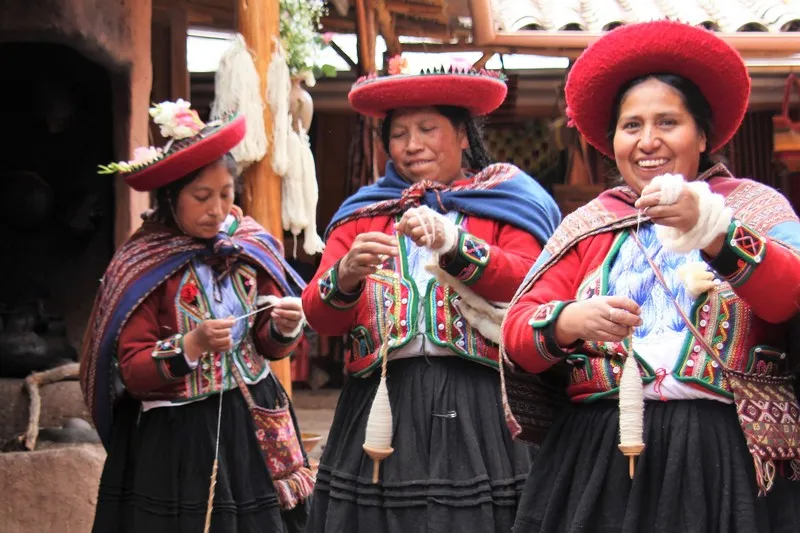In the field of sociology, collective behaviour refers to the spontaneous and unstructured actions of a group of individuals who come together in response to a specific event or situation. It is a fascinating area of study that explores how people behave when they are part of a larger group, often exhibiting actions that would be unlikely in an individual context.
Characteristics of Collective Behaviour
Collective behaviour is characterized by several key features:
- Spontaneity: Collective behaviour is often unplanned and arises suddenly in response to a triggering event. It is not guided by formal rules or pre-existing structures.
- Unpredictability: The actions of individuals in a collective behaviour scenario can be unpredictable and may deviate from their usual behavior.
- Temporary: Collective behaviour is typically short-lived and dissipates once the triggering event or situation ends.
- Informality: It lacks the formal organizational structures and hierarchies typically seen in more established groups or institutions.
- Shared Focus: Collective behaviour emerges around a common goal or interest that unites the individuals involved.
Types of Collective Behaviour
There are various types of collective behaviour that sociologists have identified and studied. These include:
Riots
Riots are a form of collective behaviour characterized by widespread and often violent public disturbances. They typically occur in response to perceived social injustices, political unrest, or other triggering events. Riots can involve looting, vandalism, and confrontations with authorities.
Panics
Panics refer to situations where a group of people experiences a sudden and intense fear or anxiety, often leading to irrational and impulsive actions. Panics can occur in crowded spaces, such as during emergencies or in response to perceived threats.
Crowds
Crowds are temporary gatherings of individuals who come together in a particular location. They can be categorized into three types:
- Casual Crowds: These are the most common type of crowd, where people gather in a public space without any specific purpose or shared focus.
- Conventional Crowds: These crowds gather for a specific event or purpose, such as attending a concert or a sporting event.
- Expressive Crowds: Expressive crowds are characterized by intense emotions and behaviors, often seen during protests, religious gatherings, or celebrations.
Social Movements
Social movements are organized and collective efforts by a group of individuals seeking to bring about social or political change. They are often driven by a shared ideology or goal and can be long-lasting and influential. Examples of social movements include civil rights movements, feminist movements, and environmental movements.
Explaining Collective Behaviour
There are several sociological theories that seek to explain the occurrence of collective behaviour:
Contagion Theory
The contagion theory suggests that individuals in a crowd or group can be influenced by the emotions and actions of others. This theory emphasizes the role of anonymity and emotional contagion in shaping collective behaviour.
Convergence Theory
Convergence theory posits that individuals with similar beliefs and attitudes are more likely to come together and form a collective behaviour. It emphasizes the importance of shared values and interests in the formation of collective action.
Emergent Norm Theory
The emergent norm theory suggests that collective behaviour emerges when individuals find themselves in situations where existing norms are unclear or inadequate. In such situations, new norms and rules are created to guide behaviour within the group.
Resource Mobilization Theory
Resource mobilization theory focuses on the organizational aspects of collective behaviour. It highlights the importance of resources, such as money, time, and organizational skills, in mobilizing and sustaining collective action.
Conclusion
Collective behaviour is a complex and dynamic area of study in sociology. It explores how individuals behave when they are part of a larger group, shedding light on the spontaneous and often unpredictable actions that can arise in such contexts. By understanding collective behaviour, sociologists gain insights into the social dynamics that shape our societies and the factors that drive collective action.





